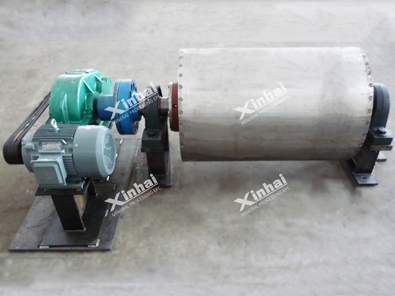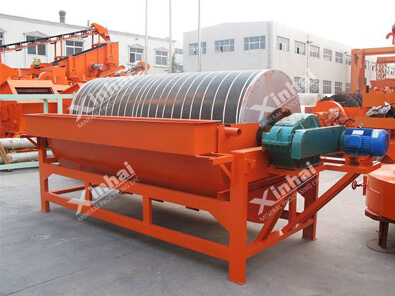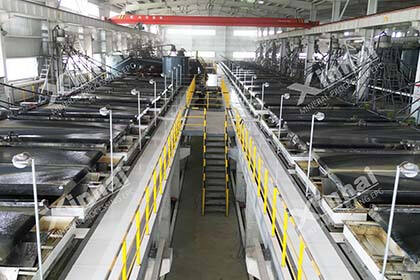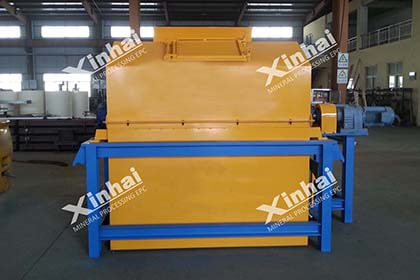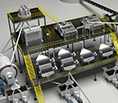How Much Is An Iron Ore Processing Plant
 Essow
Essow
 Nov 20, 2023
Nov 20, 2023
 1889
1889
If you want to know more details about equipment, solutions, etc, please click the button below for free consultation, or leave your requirements!
Iron, one of the most essential metals in modern society, plays a vital role in various industries, including construction, automotive, and manufacturing. With the increasing demand for iron products, the establishment of an iron processing plant presents a lucrative opportunity for entrepreneurs and investors. However, before embarking on such a venture, it is crucial to have a comprehensive understanding of the costs involved. In this article, we will delve into the factors influencing the cost of setting up an iron processing plant.
01 Plant Size and Capacity
BackThe size and capacity of the iron processing plant are significant determinants of the overall cost. Larger plants with higher production capacities require more extensive infrastructure, land, and equipment. The construction and installation expenses associated with a large-scale plant are generally higher compared to smaller operations. Additionally, factors such as storage facilities, transportation systems, and waste management infrastructure should be considered when estimating the cost.

(Iron Ore Processing Plant)
02 Site Selection and Land Acquisition
BackChoosing the right location for the iron processing plant is crucial for efficient operations and cost optimization. Factors like proximity to raw materials, availability of utilities, transportation infrastructure, and environmental regulations should be taken into account. The cost of land acquisition can vary significantly depending on the location and local real estate market conditions. It is essential to conduct a thorough feasibility study and engage with local authorities to evaluate potential sites and associated costs.

(Iron Ore Dry Processing Plant)
03 Production Technology and Equipment
BackThe choice of production technology and equipment is another critical aspect affecting the cost of an iron processing plant. Advanced technologies may offer higher efficiency, productivity, and product quality but often come at a higher price. The selection of equipment, such as blast furnaces, smelters, crushers, and separators, must align with the desired production capacity and quality requirements. Additionally, costs associated with installation, commissioning, and training should be considered.

(Dry Magnetic Separators)
04 Raw Materials and Supply Chain
BackThe availability and cost of raw materials, primarily iron ore, are significant factors impacting the overall cost of production. Establishing a stable and cost-effective supply chain is essential for the smooth operation of the processing plant. Transportation costs, storage facilities, and contracts with suppliers play a crucial role in determining the final cost. It is advisable to explore long-term partnerships with reliable suppliers to ensure a consistent supply of high-quality raw materials at competitive prices.
05 Regulatory Compliance and Environmental Factors
BackCompliance with local regulations and environmental standards is a prerequisite for any industrial operation, including iron processing plants. Costs associated with obtaining permits, conducting environmental impact assessments, and implementing mitigation measures should be factored into the overall project budget. Additionally, investing in sustainable practices and technologies can contribute to long-term cost savings, energy efficiency, and a positive public image.
06 Labor, Maintenance, and Operational Costs
BackLabor costs, including wages, benefits, and training, form a significant part of the operational expenses. The skill level and availability of labor in the chosen location can influence the overall cost structure. Maintenance costs for machinery, equipment, and infrastructure should be considered as well, as regular upkeep is vital to ensure smooth operations and prolong the lifespan of assets. Other operational costs, such as utilities (electricity, water, etc.), insurance, and administrative expenses, should also be accounted for.
07Conclusion
BackEstablishing an iron processing plant requires careful planning and consideration of various cost factors. The size and capacity of the plant, site selection, production technology, raw material supply chain, regulatory compliance, labor, and operational costs all contribute to the overall expenses. Conducting a detailed feasibility study and engaging with industry experts can help in estimating the cost more accurately. Despite the initial investment, a well-executed iron processing plant can be a profitable venture in the long run, catering to the growing demand for iron products in various industries.
 +86 18716000713
+86 18716000713 xlyin@xinhaimining.net
xlyin@xinhaimining.net



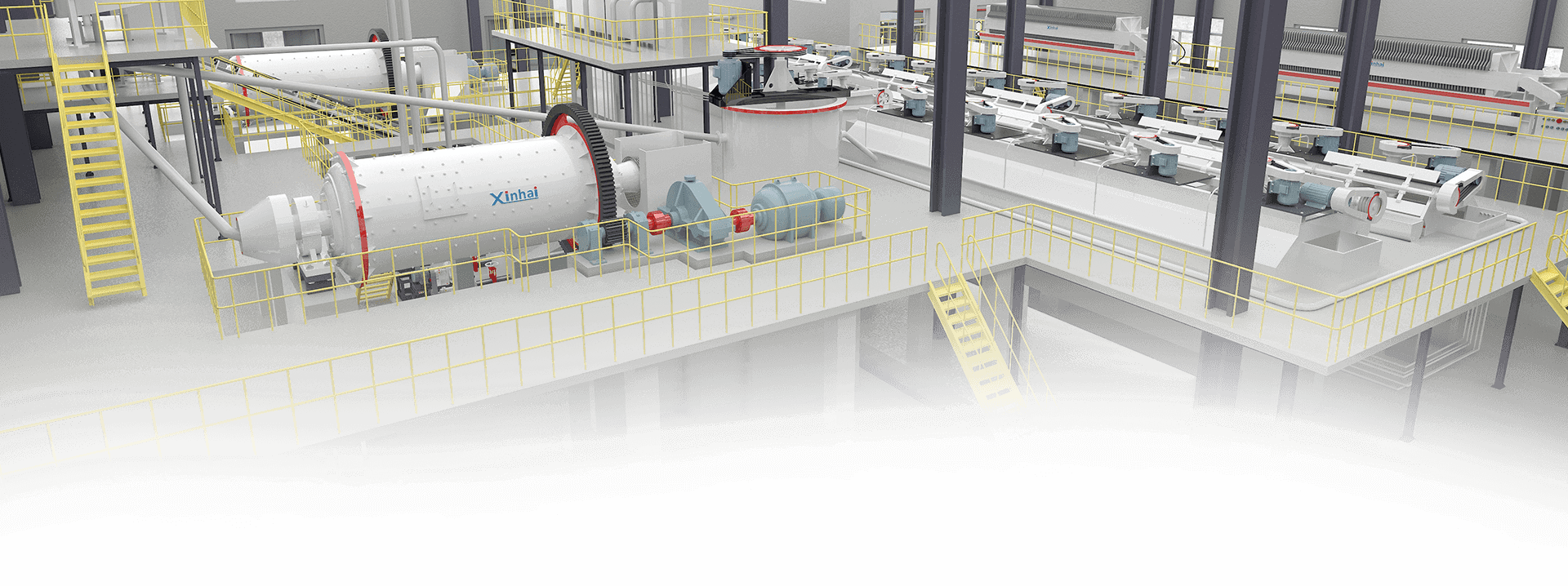
 Message
Message Chat Now
Chat Now


